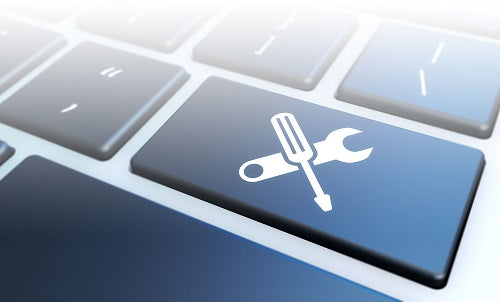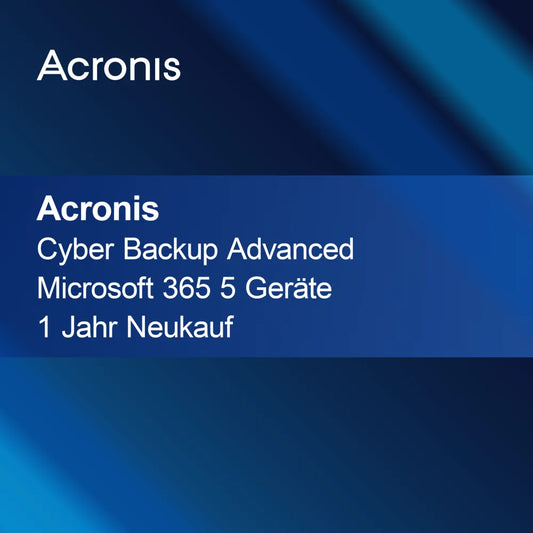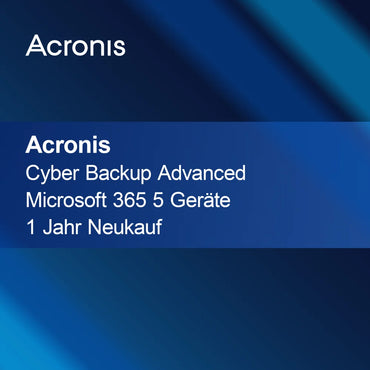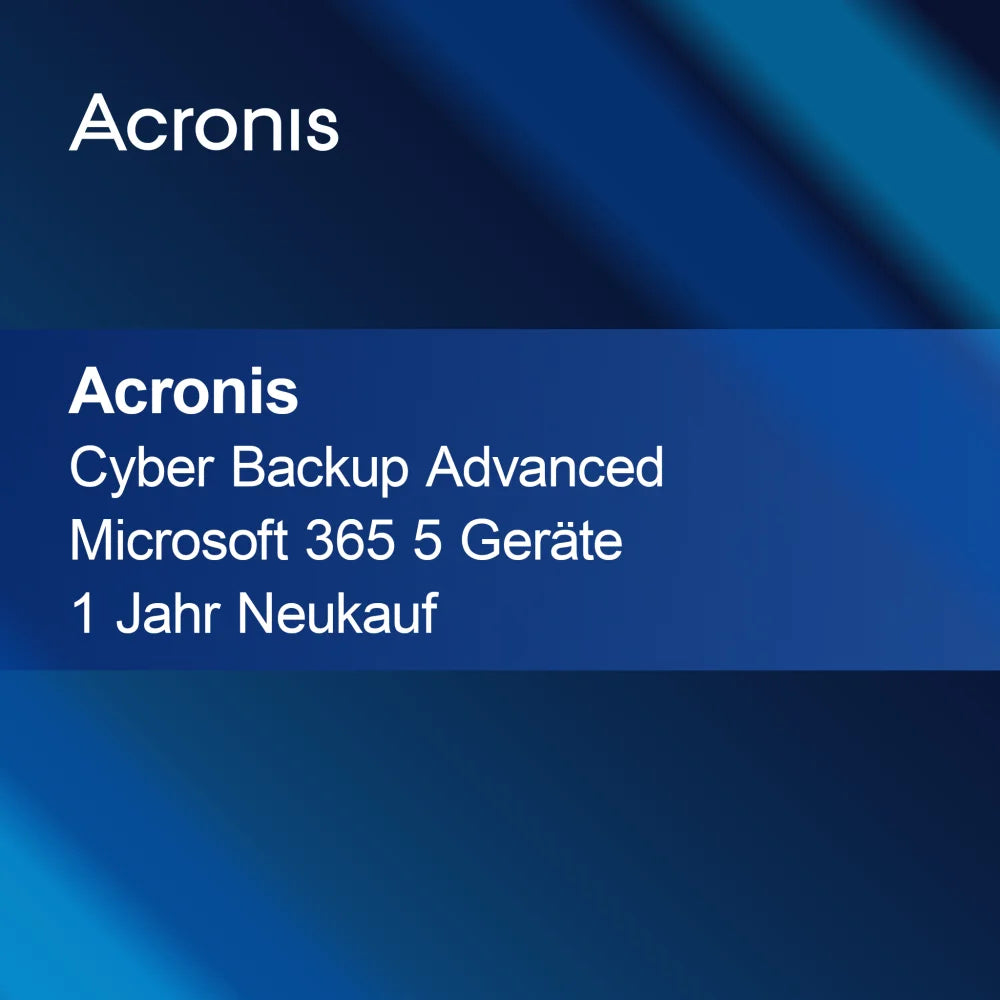No products found
Use fewer filters or remove all
Disk Management
What is disk management and why is it important?
Disk management is a crucial process for organizing and managing the data on your hard drive. It allows you to create, delete, or format partitions to optimize storage space. Well-planned disk management can improve your system's performance and enhance data security. If you regularly store or manage large amounts of data, it is important to familiarize yourself with the basics of disk management.
What functions does disk management offer?
Disk management offers a variety of functions that help you organize your data efficiently. These include creating and deleting partitions, formatting drives, and assigning drive letters. These functions allow you to better manage storage space and optimize your system's performance. Additionally, with disk management, you can also monitor the status of your drives and detect problems early.
How can I access disk management?
To access disk management, you can use the Control Panel or Disk Management in Windows. In Disk Management, you get an overview of all connected drives and their partitions. Here, you can perform various actions, such as creating new partitions or changing drive letters. It is advisable to familiarize yourself with this feature to manage your hard drive effectively.
What should I consider when partitioning?
When partitioning your hard drive, you should consider some important points. First, it is important to consider the available storage space and ensure that each partition has enough space for the intended data. Additionally, you should think about what type of data you want to store to structure the partitions sensibly. Incorrect partitioning can lead to data loss or inefficient use of storage space.
- Creating partitions for better data organization
- Formatting drives for use
- Monitoring the status of hard drives and partitions
How can I back up my hard drive?
To back up your hard drive, you should perform regular backups of your data. This can be done manually or with backup software. It is advisable to store your data on external drives or in the cloud to protect it from loss. A good backup strategy helps you quickly restore and secure your important information in case of data loss.
What are the most common problems in hard drive management?
Various issues can occur in disk management, such as faulty partitions, insufficient storage space, or damaged sectors. These problems can affect your system's performance and lead to data loss. It is important to regularly check the condition of your hard drive and take measures if necessary to resolve these issues. Proactive maintenance can help avoid bigger problems.
How can I optimize the performance of my hard drive?
To optimize the performance of your hard drive, you should regularly delete unnecessary files and defragment. This helps to use storage space efficiently and reduce access times. Additionally, it is advisable to regularly check your hard drive for errors and repair them if necessary. A well-maintained hard drive can significantly improve your system's overall performance and extend the hardware's lifespan.














